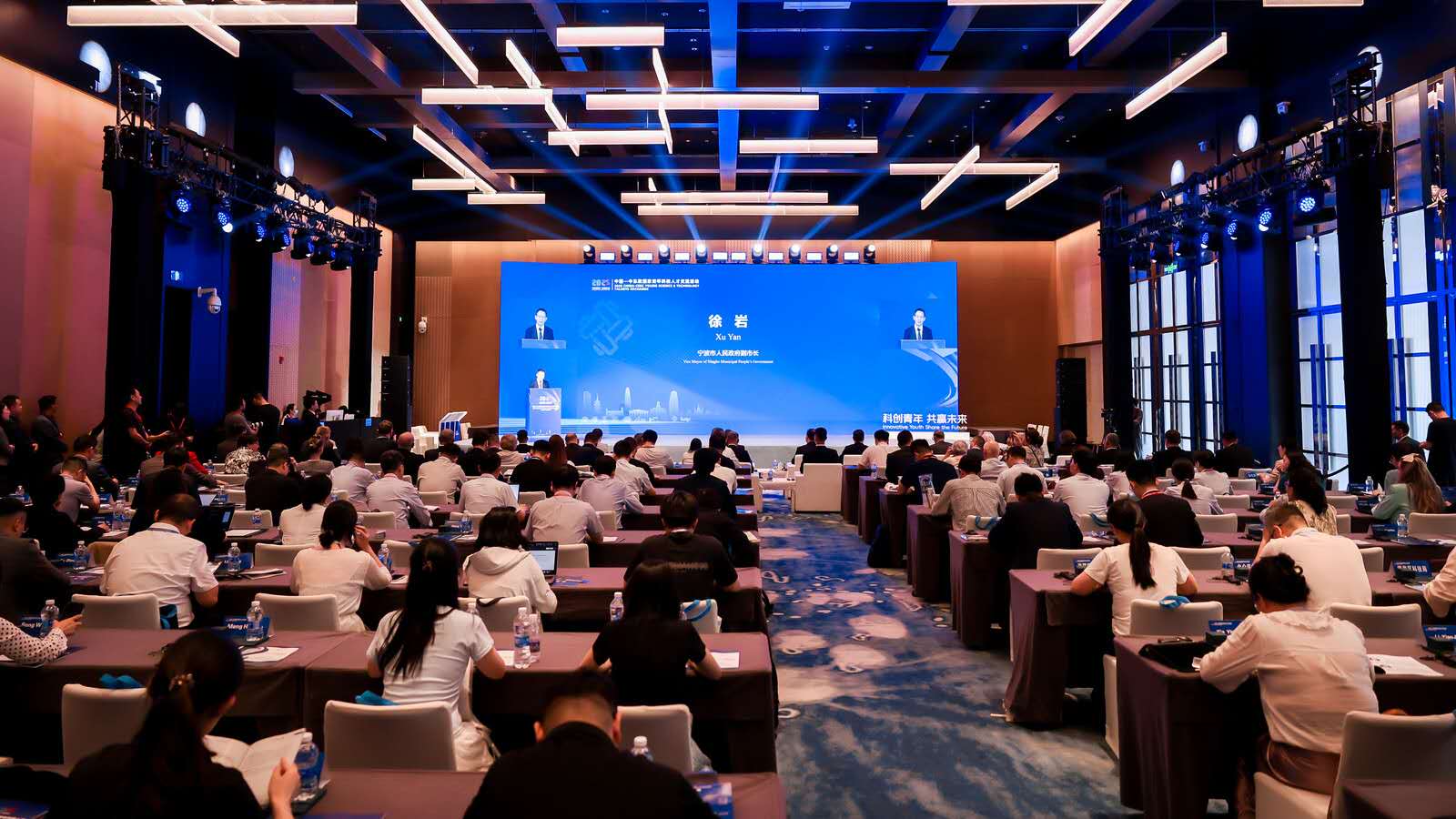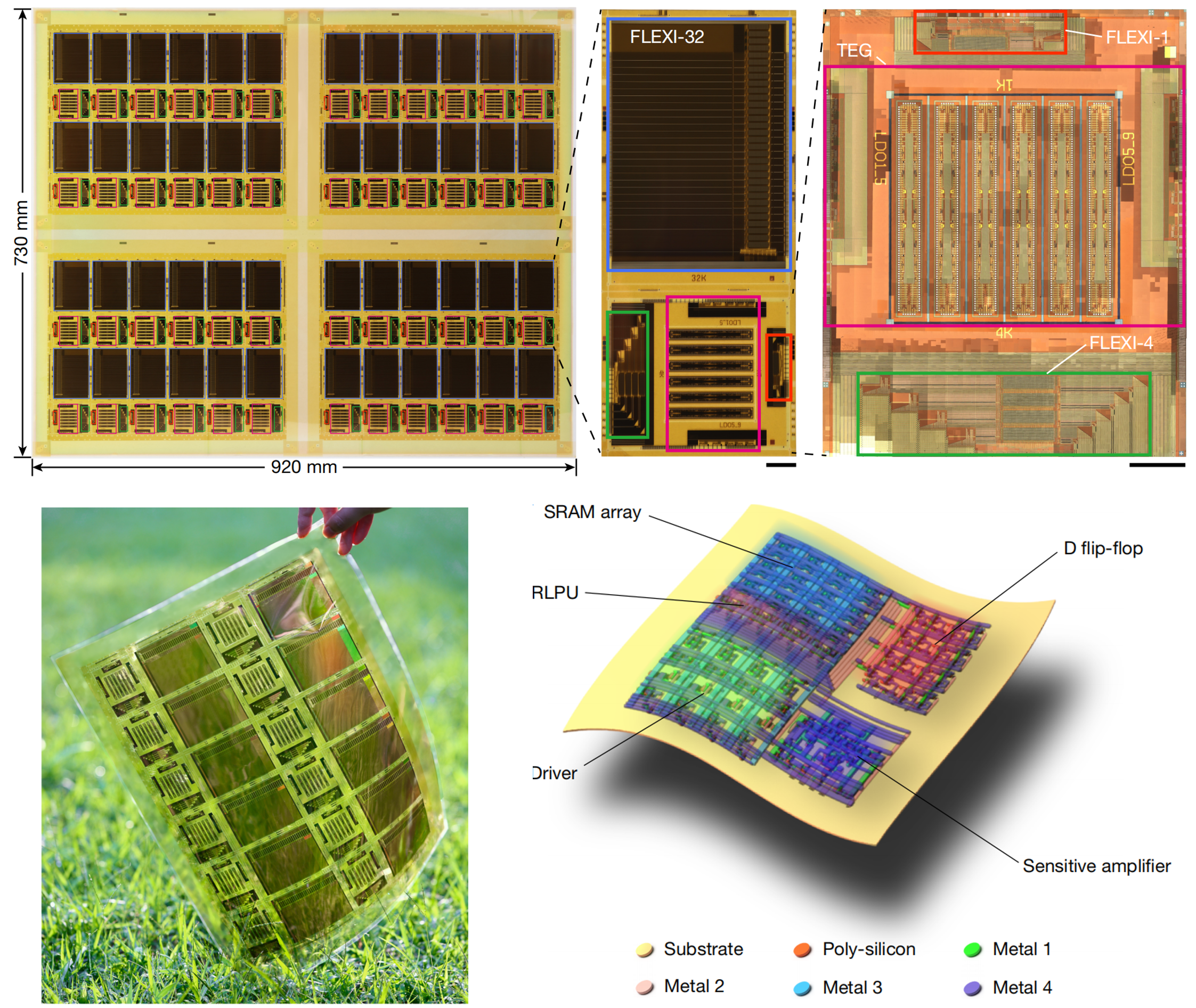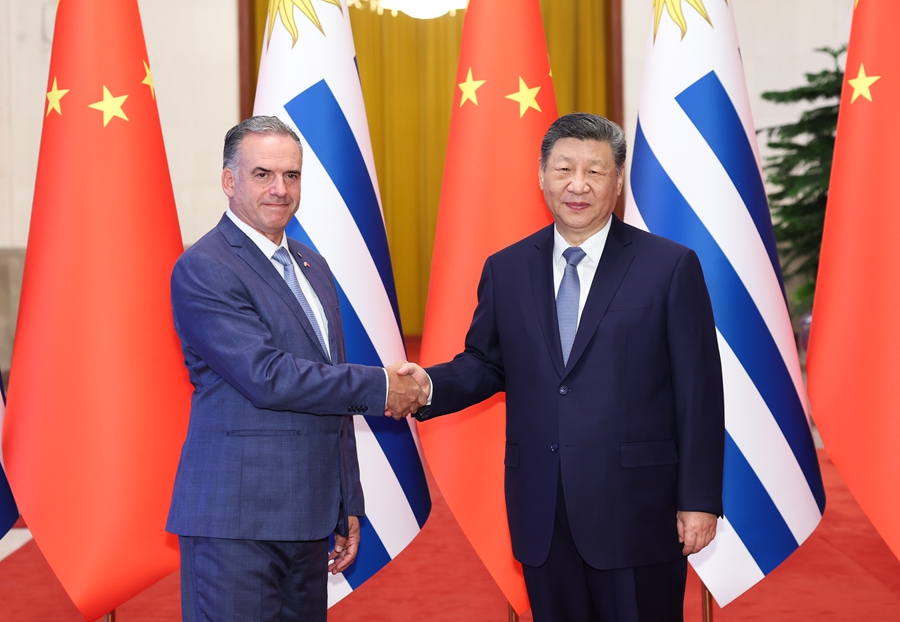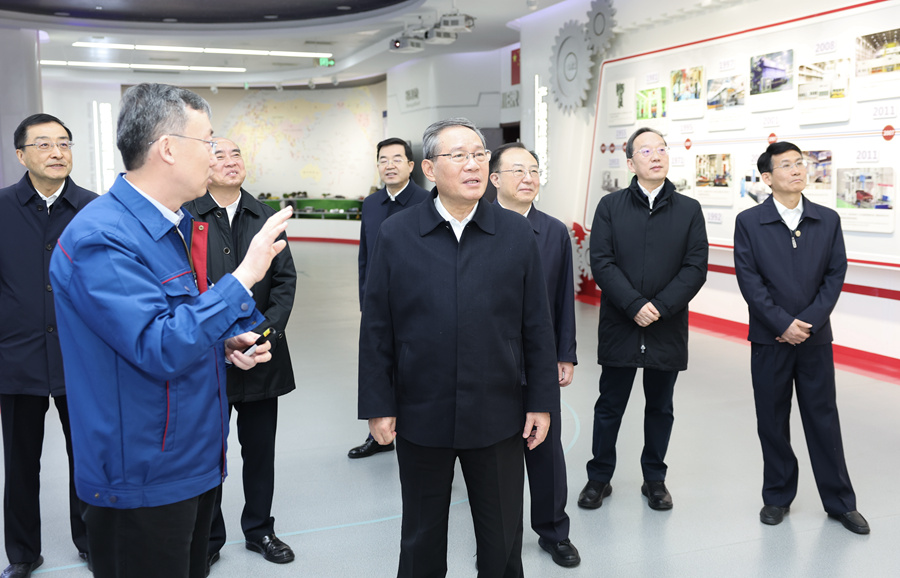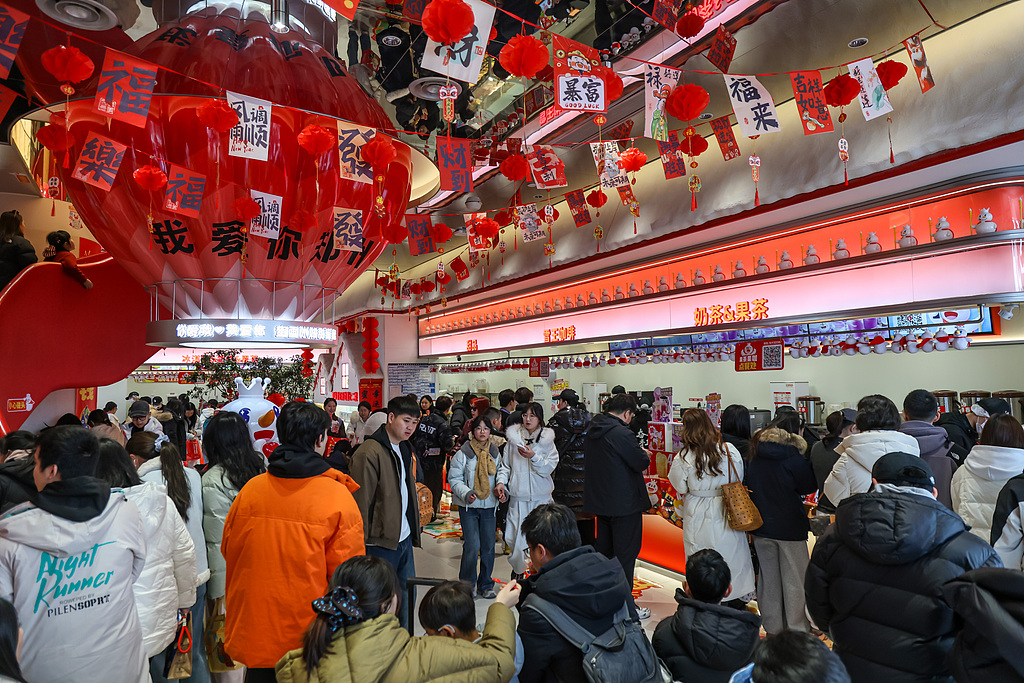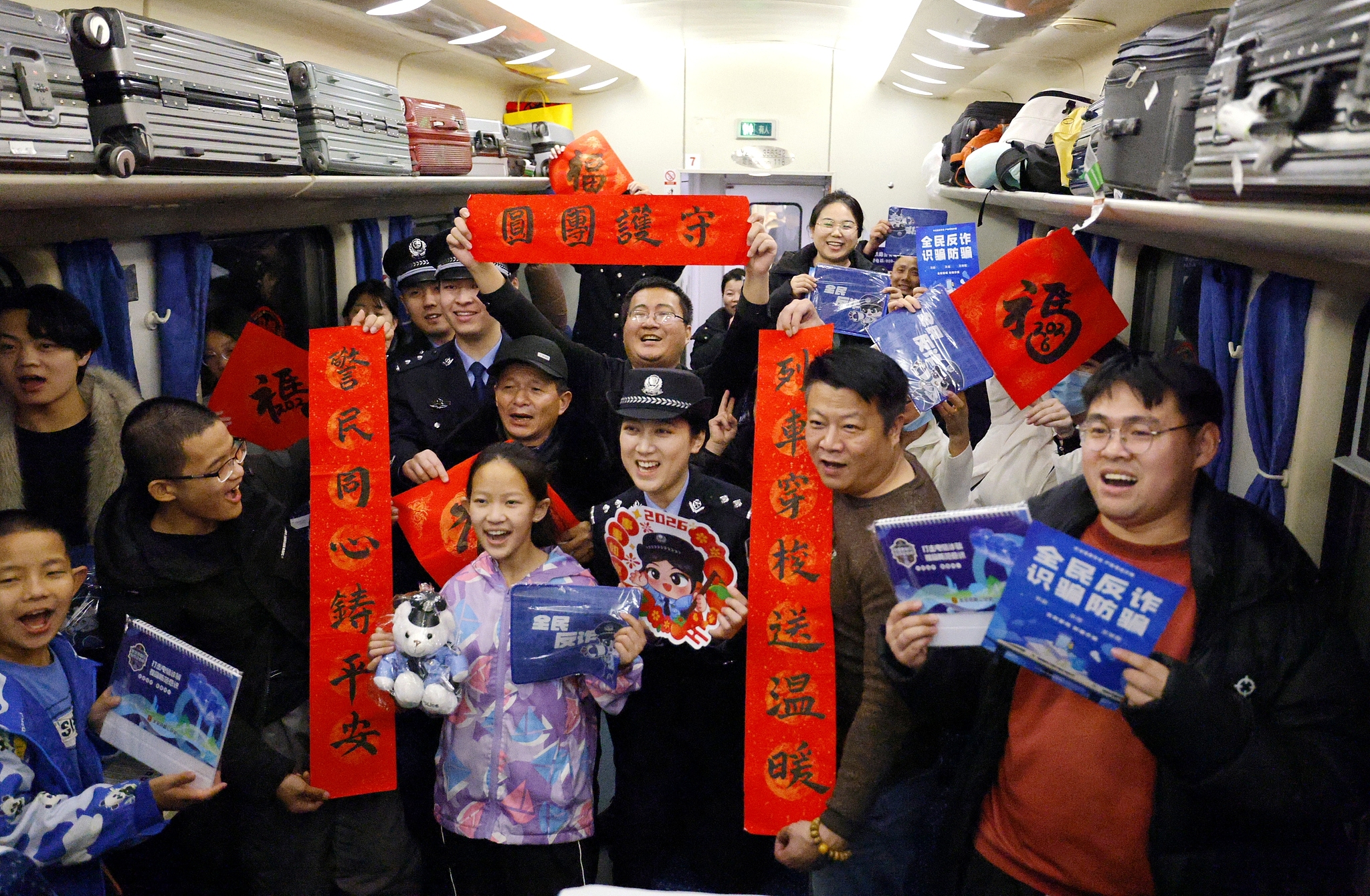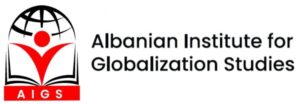Ningbo is a city well known for its entrepreneurship and innovation. As one of the first Chinese cities to open up to foreign markets, it is increasingly becoming a preferred destination for Europeans. Within the framework of China-Central and Eastern Europe (CEE) cooperation, Ningbo has been a highly active hub for participating countries. Frequent academic conferences, European product promotions at trade fairs, and more recently, a focus on science and technology have made this coastal city a symbolic center for exchanges, not only in trade, between members of this cooperation mechanism.
On May 22–23, Ningbo hosted the “2025 Exchange Forum for Young Talents in Science and Technology between China and Central and Eastern European Countries”, supported by the Department of International Cooperation of the Ministry of Science and Technology of the People’s Republic of China and the Department of Science and Technology of Zhejiang Province. The China-CEE Innovation Cooperation Research Center organized the event. The forum included one main event and three parallel sessions, aimed at building consensus through dialogue, strengthening friendships through visits, and fostering future collaboration.
Albania–China cooperation highlighted at the Ningbo International Forum
At the forum, Dr. Marsela Musabelliu, Executive Director of the Albanian Institute for Globalization Studies (AIGS), delivered a speech addressing the challenges, institutional efforts, and potential for bilateral cooperation between Albania and China in developing scientific human capital. “It is a true honor and a special pleasure to be part of this important event, where we are discussing one of the most dynamic engines of development: the exchange and cooperation among young talents in science and technology,” said Musabelliu. She highly praised Ningbo’s efforts to promote scientific and technological talent, calling it a model for global advancement.
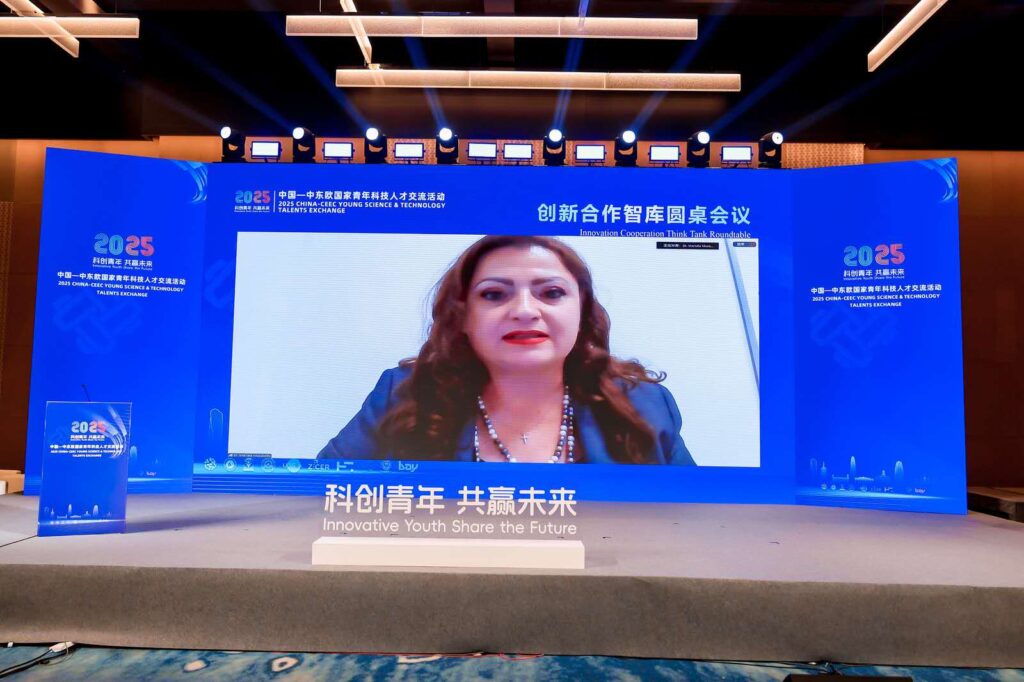
Offering an overview of Albania’s reality, Musabelliu pointed out that the country has about 2.4 million inhabitants and a developing economy with a GDP per capita of around $8,500. The service sector, including tourism, trade, finance, and public administration, dominates the economic structure. At the same time, the country continues to face major challenges in developing human resources in science and technology. “The average age of the population is around 39, which means we don’t have as many high-performing youth as we would like,” she emphasized, noting that the lack of infrastructure, financial resources, and access to quality programs makes it difficult to grow a new generation of scientists and technologists. This situation directly affects not only employment opportunities for young people but also Albania’s competitiveness in an increasingly digital and technologically advanced global economy.
Despite the challenges, Musabelliu stressed that Albania is aware of the strategic importance of investing in scientific research and integrating its young talents into international innovation networks. The National Strategy for Scientific Research, Technology, and Innovation 2023–2030 represents a significant institutional step in this direction. This strategy outlines three major political objectives: 1) Strengthening the regulatory and infrastructural framework to improve the quality of scientific research and uphold ethical standards. 2) Promoting cooperation between academia, industry, government, and civil society through the “Quadruple Helix” model. 3) Integrating STEM education and digital skills into the education system, with a focus on primary and secondary education. The Ministry of Education and Sports implements the strategy in collaboration with institutions such as the National Agency for Scientific Research and Innovation (NASRI). Albanian universities have significantly expanded cooperation with international partners through programs like Erasmus+, Marie Skłodowska-Curie Actions, and Horizon Europe projects. Through the Western Balkans Mobility Scheme, dozens of young Albanian researchers have undertaken research stays abroad, fostering knowledge transfer and international cooperation. Additionally, through COST Actions, Albanian researchers have joined research networks in fields such as artificial intelligence, renewable energy, and health sciences.
“Experience has shown that when given opportunities and support, young Albanians contribute meaningfully to global innovation systems,” Musabelliu emphasized. However, she also noted significant remaining challenges, including brain drain and the insufficient integration of Albania into global innovation networks. The strategy aims to address these issues through targeted investments in infrastructure and human resources and initiatives to raise awareness about the value of scientific research for national development.
The Potential of Albania-China cooperation in science and technology
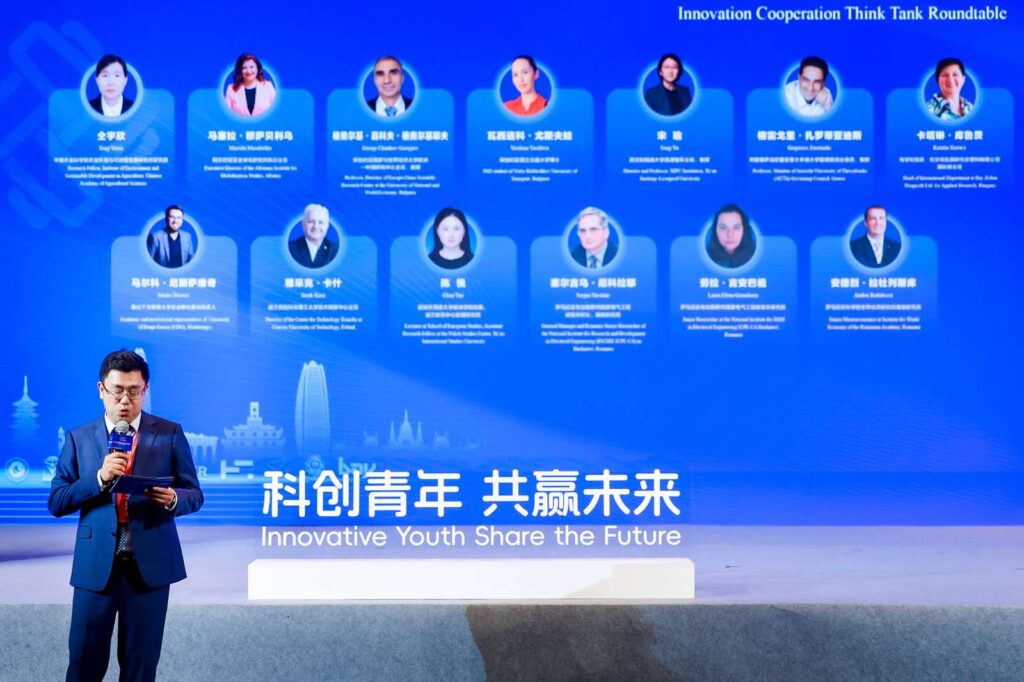
In her speech, Musabelliu also highlighted China’s increasingly important role on the global innovation stage and expressed her belief that there is great potential to deepen bilateral cooperation between Albania and China based on mutual experiences and existing agreements in education and research. She proposed three specific areas for cooperation: 1) Establishing joint research laboratories or innovation centers between Albanian and Chinese universities and institutes. 2) Developing bilateral exchange programs for PhD students, postdoctoral researchers, and young scientists, funded through joint scholarships and grants. 3)Organizing thematic forums for young people to encourage professional networks, scientific co-authorship, and cross-border technology projects.
Musabelliu addressed challenges that may hinder this cooperation, including institutions’ tendency to collaborate exclusively with state entities. She stressed that this approach must change for real progress to be made. “If we want progress, we should involve the private sector—whether in education or industry,” she stated. She also suggested the creation of a Joint Albania–China Council for Science and Talent, which would coordinate and monitor cooperation efforts and identify new areas for development.
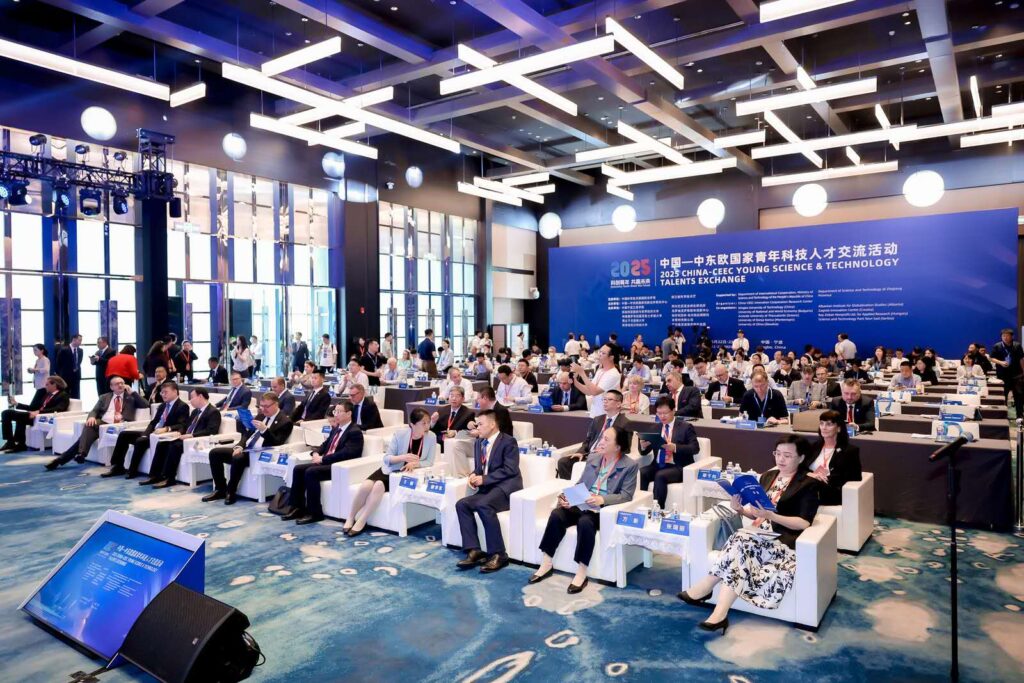
In conclusion, Musabelliu made a heartfelt call to support the new generation of scientific talent in Albania: “Investing in today’s generation of Albanian talent in science and technology is an investment in the future.” She referenced Mira Murati, the Albanian co-creator of ChatGPT and one of the world’s leading figures in artificial intelligence, to reinforce her message that when given the opportunity, Albanians can reach the highest levels of success. “History has shown that when given the opportunity, Albanians excel. Like Mira, many others are waiting to discover and realize their potential.”
She closed her remarks by wishing the forum success and inviting international participants to visit Tirana to further strengthen the bridges of cooperation.
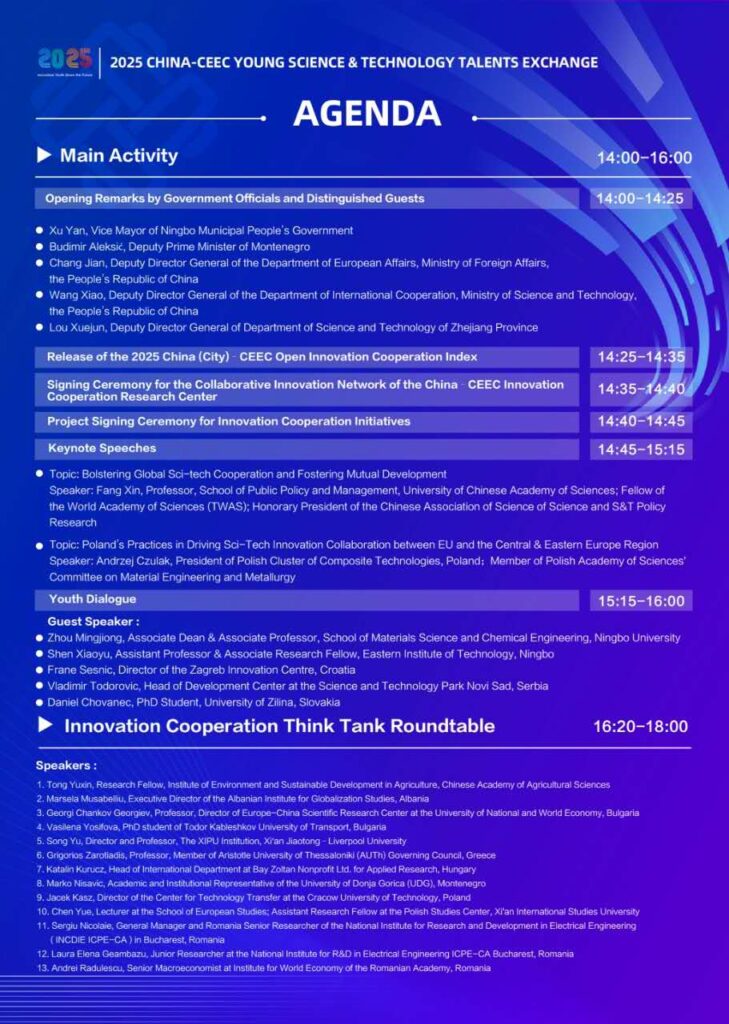
© AIGS
